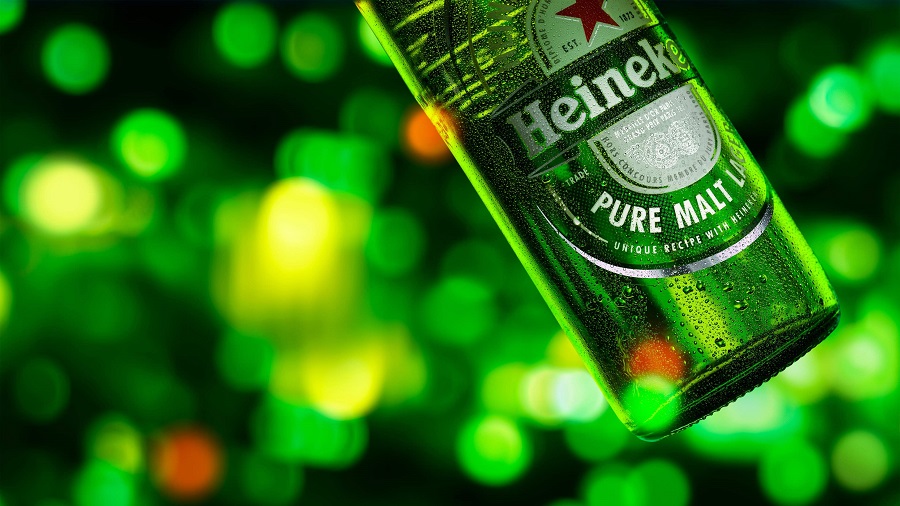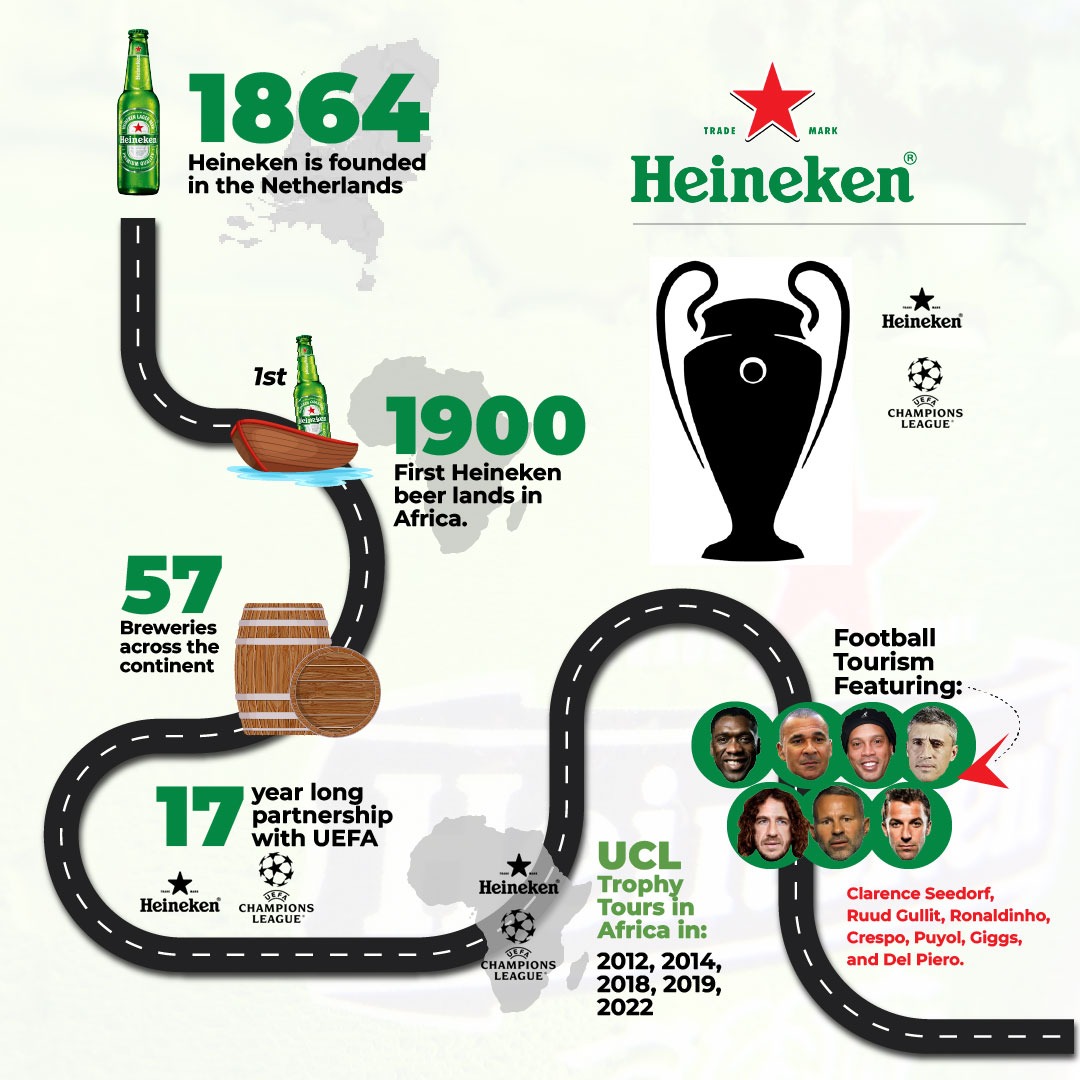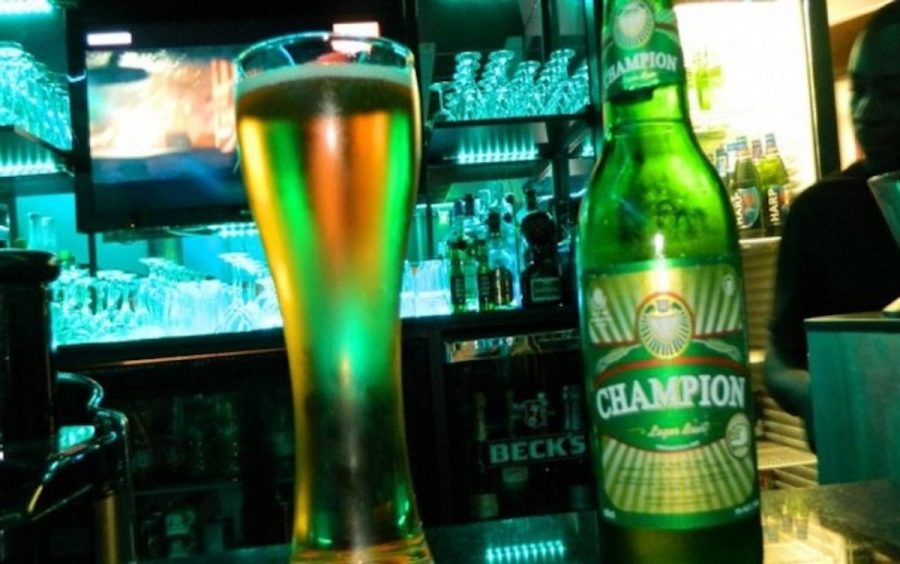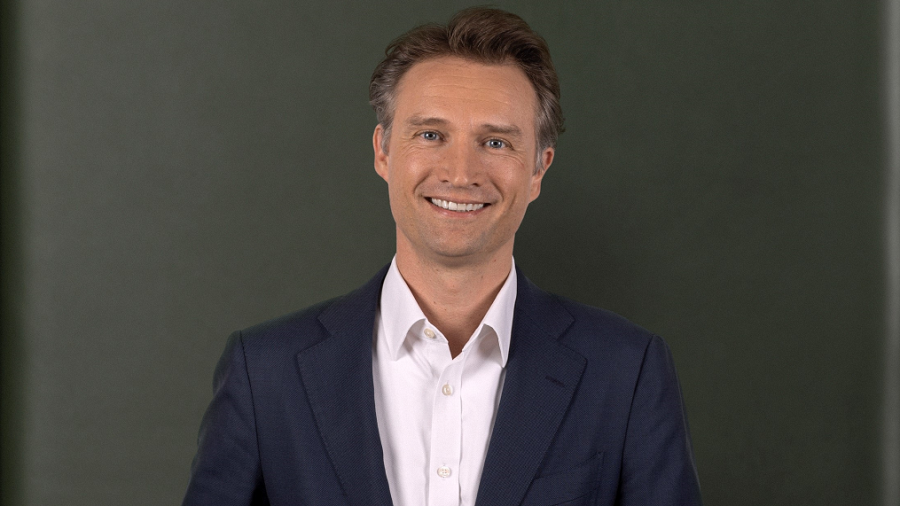Charlene de Carvalho, one of the world’s wealthiest women and the largest shareholder in Heineken, has experienced a significant decline in her net worth, losing $877 million based on the fall in demand for Heineken in Nigeria, Asia and other regions.
According to Forbes’ estimations, Charlene’s net worth, which stood at $14 billion, has plummeted by approximately 5.88%, as per analyzed data.
This loss can be attributed to the poor market performance of Heineken, the alcohol beverage company in Nigeria and Asia.
At the time of reportage, Heineken’s market share is € 90.96, down by -5.90 (-6.09 %).
Why did Charlene lose $877 million?
Charlene’s income comes from her stake in Europe’s biggest beer brand. As the holder of the majority stake in Heineken, Charlene de Carvalho-Heineken’s family owns an 88.9% stake in L’Arche Green, a Dutch investment company with a 52.6% share in Heineken Holding, as stated in the 2022 annual report.
Thus, the current drop in Heineken’s share price has significantly impacted the value of her stakes.
The decline in Heineken’s share price is a result of the company’s disappointing earnings announcement and a cut in its financial outlook.
In the first half of the year, the net profit experienced a 9% drop due to weaker demand in Asia Pacific, which is typically its most profitable region.
The volume of beer sold in the region saw a 13% decrease compared to the same period last year, with particularly weak sales in Vietnam, where the company faced challenges in a competitive market.
Moreover, Heineken was affected by “socioeconomic volatility” in Nigeria, where the country grappled with a cost-of-living crisis after the end of fuel subsidies in late May.
The combined slump in both Vietnam and Nigeria accounted for more than half of the overall decline in the first six months.
The company stated in its half year financial results that Nigeria led the pack in the huge regression of market growth, no thanks to the currency devaluation and inflation.
- currency translation negatively impacted net revenue (beia) by €91 million or 0.7%, mainly driven by the Nigerian Naira, the Egyptian Pound, the South African Rand, the Indian Rupee and the UK Pound Sterling, partially offset by a strong Mexican Peso.
Heineken, based in Amsterdam and operating in over 70 countries, offers a wide range of 300 drink brands, including popular names like Amstel, Tiger, and Strongbow Apple Heineken’s back story
The company’s recent price increases were an attempt to cope with unprecedented levels of commodity and energy inflation, but this strategy seems to have driven some consumers away, leading to a drop in premium beer sales.
Additionally, the company faced criticism for not fully exiting the Russian market despite previously announcing plans to do so after President Vladimir Putin’s invasion of Ukraine.
The ongoing exit process is facing regulatory hurdles, making it challenging for Heineken to proceed with the sale of its business in Russia.
Looking ahead, Heineken expects inflationary pressures to ease in the second half of the year, although not enough to maintain its previous earnings guidance, CNN said.
Charlene de Carvalho-Heineken was born in Amsterdam to Freddy Heineken and Lucille Cummins in 1954. Her father founded Heineken Holding in 1952 to ensure family control over the beer brewery.
Charlene joined Heineken Holding’s board in 1988 and inherited the majority stake in the company after her father’s passing in 2002.
She, along with her husband and children, actively participates in Heineken boards.






















